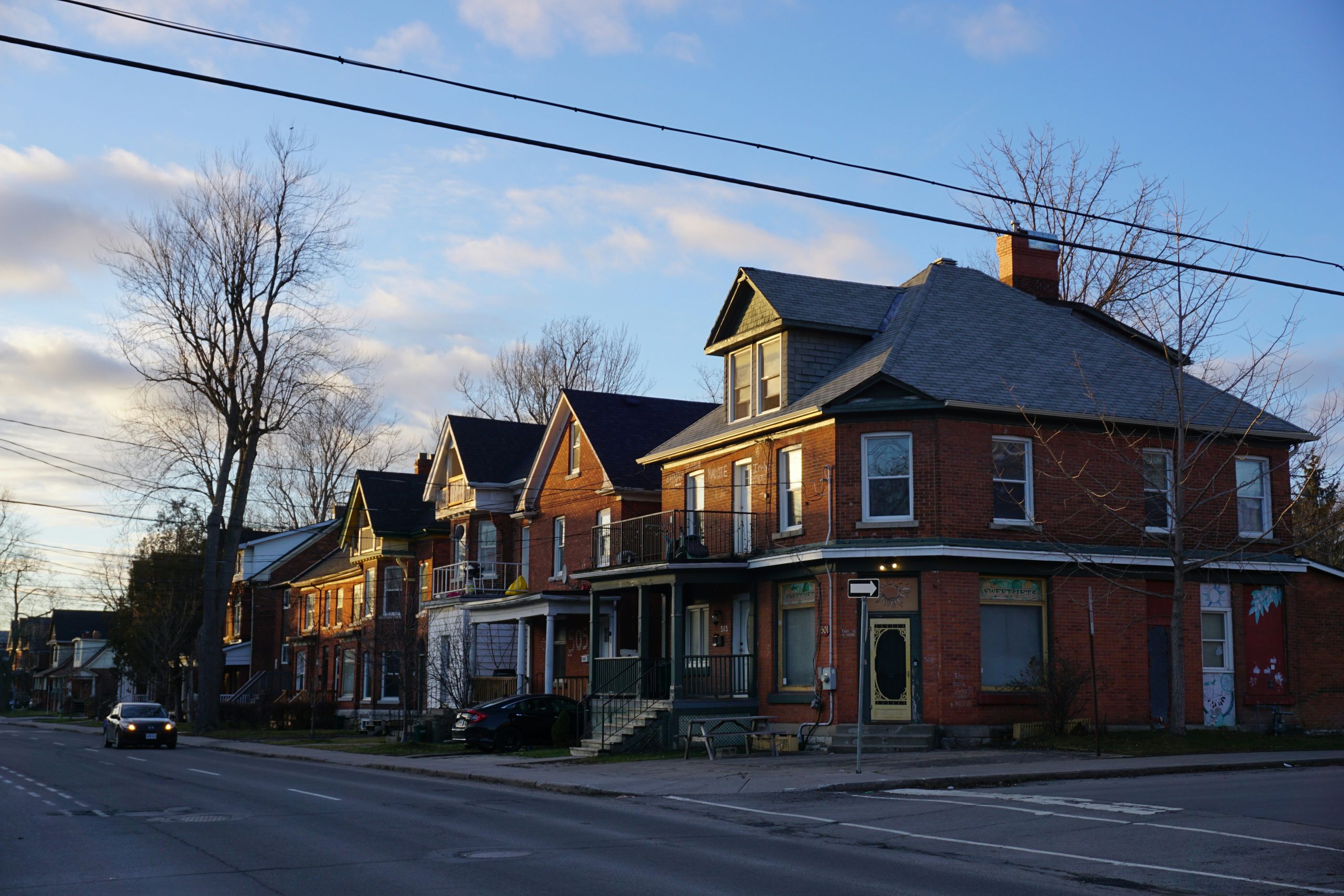1. Understand Kingston’s Market Trends
Kingston’s real estate market has seen strong demand, especially for properties near Queen’s University, downtown, and waterfront areas. However, market conditions fluctuate:
- Rising interest rates: These have cooled some buyer activity but have not drastically reduced demand in sought-after areas.
- Seasonal trends: Kingston typically sees more activity in spring and summer. If you’re buying or selling during the winter, be prepared for fewer listings but potentially less competition.
Keep an eye on neighborhoods like Cataraqui North for newer developments or Portsmouth Village for historic charm.
2. Be Realistic About Pricing
Kingston offers a mix of property types, from student rentals to family homes.
- Sellers: Price competitively based on comparable homes in your area. Overpricing can discourage offers, especially in a slower market.
- Buyers: Properties near key amenities like Kingston General Hospital, RMC, and the downtown waterfront tend to hold their value even in a shifting market.
3. Work With a Local Real Estate Professional
Kingston’s housing market is diverse, and working with a realtor who knows the area is crucial. A knowledgeable agent can help you:
- Identify undervalued neighborhoods, such as Rideau Heights, which is undergoing revitalization.
- Access hidden opportunities, like off-market properties or student housing investments near Queen’s University.
- Navigate Kingston’s zoning rules, especially if you’re buying a multi-unit property or planning renovations.
4. Consider Investment Potential
Kingston’s rental market is strong, driven by students, military personnel, and healthcare workers.
- Investors: Look for duplexes, triplexes, or properties near Queen’s University and the downtown core. These areas often provide steady rental income.
- First-time buyers: Consider a property with a rental unit to help offset your mortgage.
5. Plan for Financing in a High-Interest Environment
Higher interest rates are impacting affordability.
- Buyers: Get pre-approved for a mortgage and consider options like variable-rate mortgages, but stay informed about rate changes.
- Sellers: Be aware that buyers may be more cautious, so offering incentives like a flexible closing date could make your property stand out.
6. Look Beyond the City Core
As prices increase in downtown Kingston, neighborhoods like Westbrook and Greenwood Park offer more affordable options without sacrificing proximity to schools, shopping, and transportation.
7. Stage and Market Your Home Effectively
With Kingston’s diverse buyer pool, presentation matters.
- Highlight Kingston-specific lifestyle perks, such as access to Lake Ontario, local hiking trails, or proximity to the 1000 Islands.
- Invest in professional photography and virtual tours, as many buyers start their search online.
8. Stay Patient and Flexible
Kingston’s market can vary by season and property type.
- Sellers: It may take longer to find the right buyer in a shifting market. Consider sweetening the deal with incentives like covering some closing costs.
- Buyers: Be prepared to act quickly on desirable properties, especially in high-demand areas like Kingscourt or Alwington.
Why Kingston Remains a Strong Market
Kingston benefits from stable demand due to its location and amenities. With a mix of urban, suburban, and rural properties, there’s something for everyone. Whether you’re looking for a downtown condo, a family home in Midland Park, or a rural retreat, opportunities abound if you’re prepared to adapt to market shifts.
Final Thoughts
Navigating Kingston’s changing real estate market requires a balance of local knowledge, market insight, and strategic decision-making. By staying informed and working with a local expert like me, you can successfully buy, sell, or invest, even in uncertain times.

 Facebook
Facebook
 X
X
 Pinterest
Pinterest
 Copy Link
Copy Link


.jpg)
